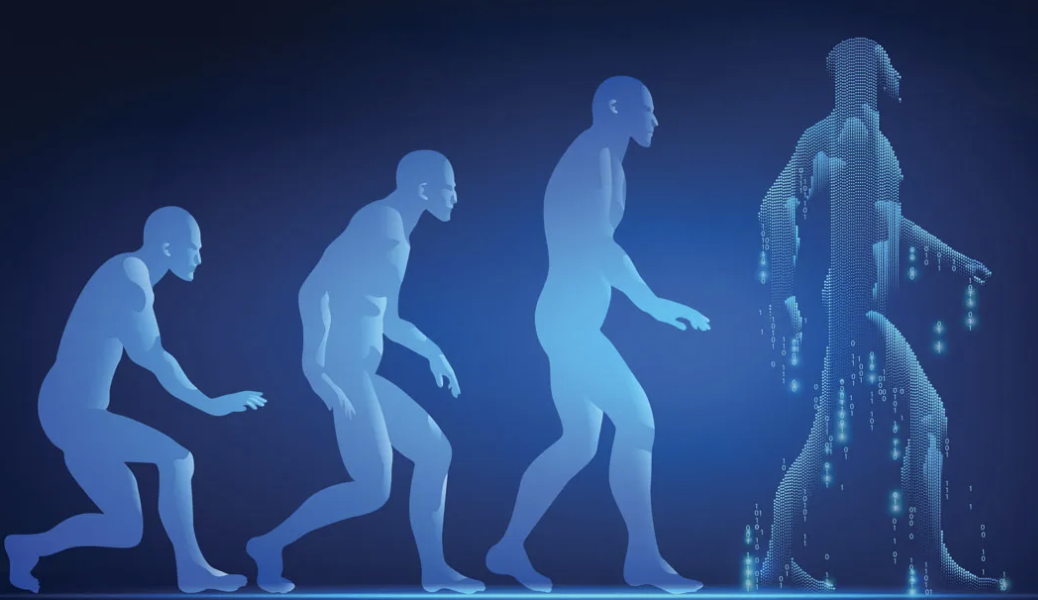It’s 2024, and artificial intelligence is all the rage. Generative AI is skyrocketing in popularity – from OpenAI’s wildly successful ChatGPT to Google’s Geminu, these AI tools have reached the masses in a record-short time. ChatGPT amassed a user base of 100 million users in just two months; for comparison, it took Instagram around two and a half years to reach a similar monthly active user base.
And it’s not just Large Language Models like ChatGPT; generative AI is sneaking up in one form or another in almost all domains. Photoshop’s Generative Fill, Google’s Magic Eraser, and Image Generation tools like Midjourney and Stable Diffusion are just a few examples among hundreds of thousands of AI tools, completely changing the digital landscape as we have known it since its inception.
As exciting as these technological advancements are, such rapid artificialization raises many questions – of ethics, authenticity, and ownership. A central doubt around the whole conversation about AI is its consequences on its users; what is AI doing to us, or more precisely, what will AI do to us? Is AI hindering the growth of critical thinking and suppressing creativity?
To find an answer to that question, we will have to look deeper into the usage of AI and its implications.
AI systems cannot be equated with humans. They lack the judgment-making capability inherent in humans. But in its current form, AI is more intelligent than humans, at least smart enough to change how people perceive themselves. And although AI lacks judgment-making abilities, it threatens our judgment. For instance, algorithms used by social media companies often employ predictive AI systems that feed users a constant stream of similarly tagged content, which sometimes is very harmful, trapping people in social and political echo chambers. At one point, people might lose the ability to make balanced judgments.
This is just a tiny chunk of the more significant issue with AI. There’s much more to it – from AI-generated content to archaic and prejudicial training models. AI can create convincing deepfake audio and video, which is readily exploited by people with bad intentions. Europol’s Innovation Lab published a full-fledged report in April 2022 detailing the criminal use of deepfake technology, made possible by Generative Adversarial Networks, or GANs.
It doesn’t stop there; AI is causing massive problems worldwide. From algorithmic discrimination and spreading misinformation to growing socioeconomic equality and environmental risks, issues are rising that cannot be ignored and demand urgent solutions. Does this not mean AI is a threat to humanity? At its current state, no. AI is still in its infancy. But that is also scary; if AI-powered tools are so sophisticated in their very early stages, imagine what they will be able to do in twenty or thirty years’ time. Such thoughts raise fundamental questions about the moral, intellectual, and political systems in which AI thrives.
The use of AI-powered decision-making systems is also questionable as it carries the risk of algorithmic biases. The training data and models used to train predictive and generative AI are often inclusive of long-standing social misconceptions and prejudices. For instance, AI-powered hiring recommendations and loan approval systems are at high risk of being misjudged.

YES BUT NO...?
These facts and figures show that AI is only sometimes correct. It can often be false but convincing, sometimes with significant consequences. Reliance on such an invisibly flawed system will harm the human mind. There are increasing claims that the AI race will only produce lazier people, mainly due to manual task automation. AI has already become so good at repetitive tasks that most people rely on these tools to complete work with minimal effort. However, it is often overlooked that reliance on AI can reduce human motivation to participate in mentally challenging tasks, resulting in a mass decline in productivity and creativity.
Looking back at the exponential growth of technology, it is safe to assume that AI, huge language models like ChatGPT, will only get more intelligent and better with time. But our brains, or human understanding, to be more precise, have been more or less the same for centuries. There may come a time when engineers and developers will find keeping up with AI advancements too complex. The bottom line is that AI is making its users more dumber, the more they lean on to it.
In May of 2023, the Centre for AI Safety, consisting of more than 350 leading figures in the domain of AI, issued a statement, that reads more like a warning: “Mitigating the risk of extinction from AI should be a global priority alongside other societal-scale risks such as pandemics and nuclear war.” People at the top of the pyramid have already realized the threat posed by AI, which goes beyond making us “dumb”, such as misuse for large-scale damage, mass manipulation etc.
So, what can we do? We cannot stop the growth and popularity of AI. Neither can we deny the incredible things AI advancements have made possible, from curing diseases to making everyday tasks easier. The secret lies in properly using AI, and only regarding AI as a “tool”; a tool to help you achieve more in less time, to assist you in repetitive activities, to plan your next vacation, or enhance your old vacation photos. The problem starts when you ask AI questions requiring critical questions that could impact your life and others.
Fortunately, the power still lies in our hands. AI is still a tool inside our digitally connected devices. It is up to us how we utilize them. And unless we give the power to AI to make us dumber, it cannot. As a species, we should embrace our gift of critical thinking, and not let it go to waste. Let’s not forget that similar questions popped up when Google grew in popularity years ago
- All Posts
- AI
- Business
- E-commerce
- Lifestyle
- Pharma
- Startup
- Technology
- Uncategorized
- Back
- Finance
- IP


Selling a business is more than a financial transaction—it’s a pivotal moment that can redefine your career and…

When acquiring a business, three key figures often come into play: the seller’s asking price, the buyer’s offer,…

Selling your business is a thrilling journey, a chance to unlock the value of your hard work and set the…

Searching for an excellent agile tool for project management but confused by the array of options? These are…

Introduction: Understanding the Impact of Artificial Intelligence in the Real Estate Industry Many argue that the real estate…




